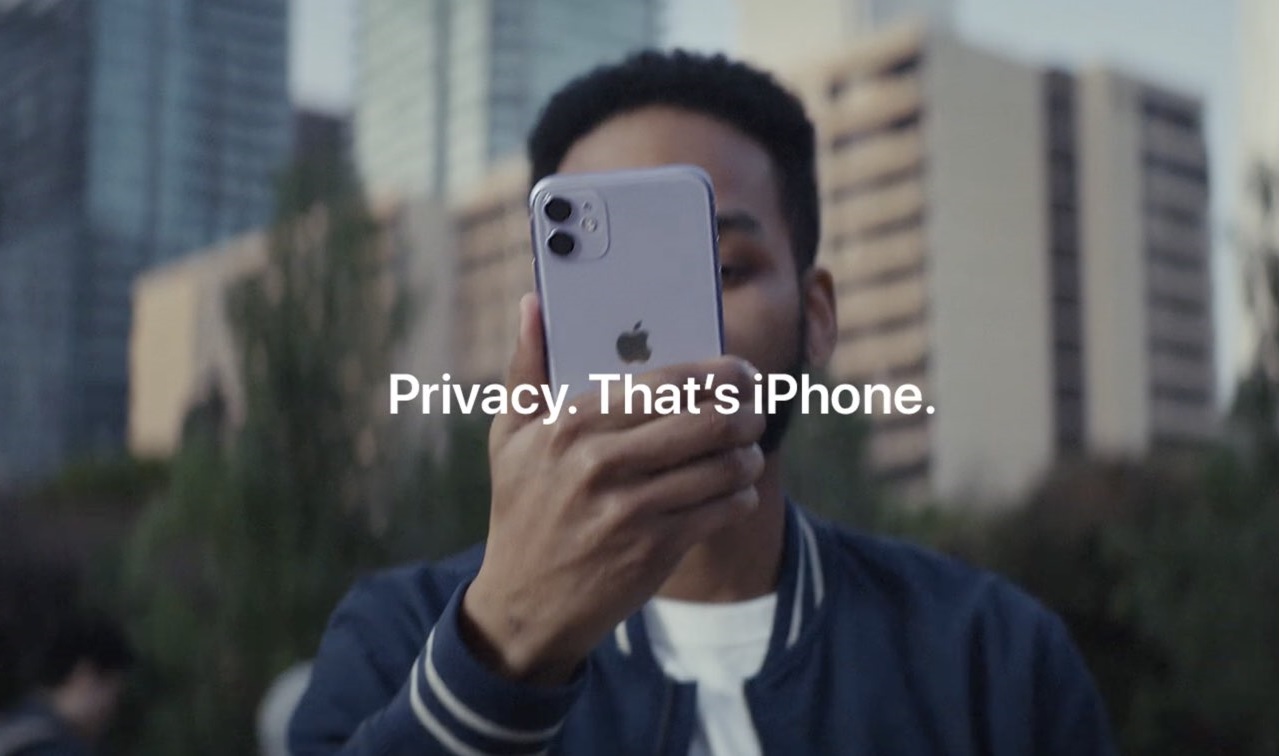In its advertisements Apple has accustomed us to a clear and effective slogan on respect for user privacy and how this should never be violated: “Privacy. That’s iPhone“, or “Privacy. This is iPhone.” Yet from research conducted by an independent team, this may not be the case.
Privacy on Apple smartphones may have been violated
For iPhone enthusiasts, the news could be a cold shower: in its settings, the iPhone allows from iOS 14.5 to turn off data tracking. However, according to what was stated by Tommy Musk e Talal Haj Bakrytwo app developers and security researchers at the software company Muskit wouldn’t be exactly like that.
Through its apps, Apple would collect hyper-detailed information about its users, even if tracking is disabled.
The conditional is a mustafter all, there hasn’t been a counter-research or a response from the company yet, but if this were to be confirmed it would be a very serious act against the privacy of Apple customers.
Specifically, for Mysk and Bakyr the App Store would appear gather as much information as possible e unimaginable: Apps searched, ads seen, the time an app has been used and its rating, and more. There would also be personal information such as the device used, the ID number, the screen resolution, the language set, the internet connection and so on.
“Opting out or disabling the customization options didn’t reduce the amount of detailed analytics the app was sending,” Mysk said. “I have turned off all possible options, namely personalized ads, personalized recommendations and sharing of usage data and analytics.”
Gizmondo has requested a review of some apps
Gizmondo magazine asked Mysk to verify some Apple apps, to see if they actually violate privacy. The results are very interesting: the Health and Wallet apps would not broadcast anything, unlike Apple Music, Apple TV, Apple Books and the iTunes Store.
But how did Mysk and Bakyr make this discovery?
First of all they used due iPhone: the first, with the updates stopped at iOS 14.6 and the system forced with a jailbreak, the second, however, with an intact system and updated to iOS 16. Well, the first iPhone allowed the two researchers to decrypt the data traffic and examine those actually sent. Which it later turned out to be confirmed using the second iPhone, the one containing the latest update.
What could happen
It is not yet known, but what is certain is that it is a hot topic and very dear to the internet community. After all, nobody would like to find that their privacy is constantly violated, even less by Apple, a company that has always made it one of its bulwarks.
This is why this accusation could cost the bitten apple multinational very dearly: it seems, in fact, that a class action against the company is about to be filed, which will most likely have to answer for its actions in court.















Leave a Reply
View Comments